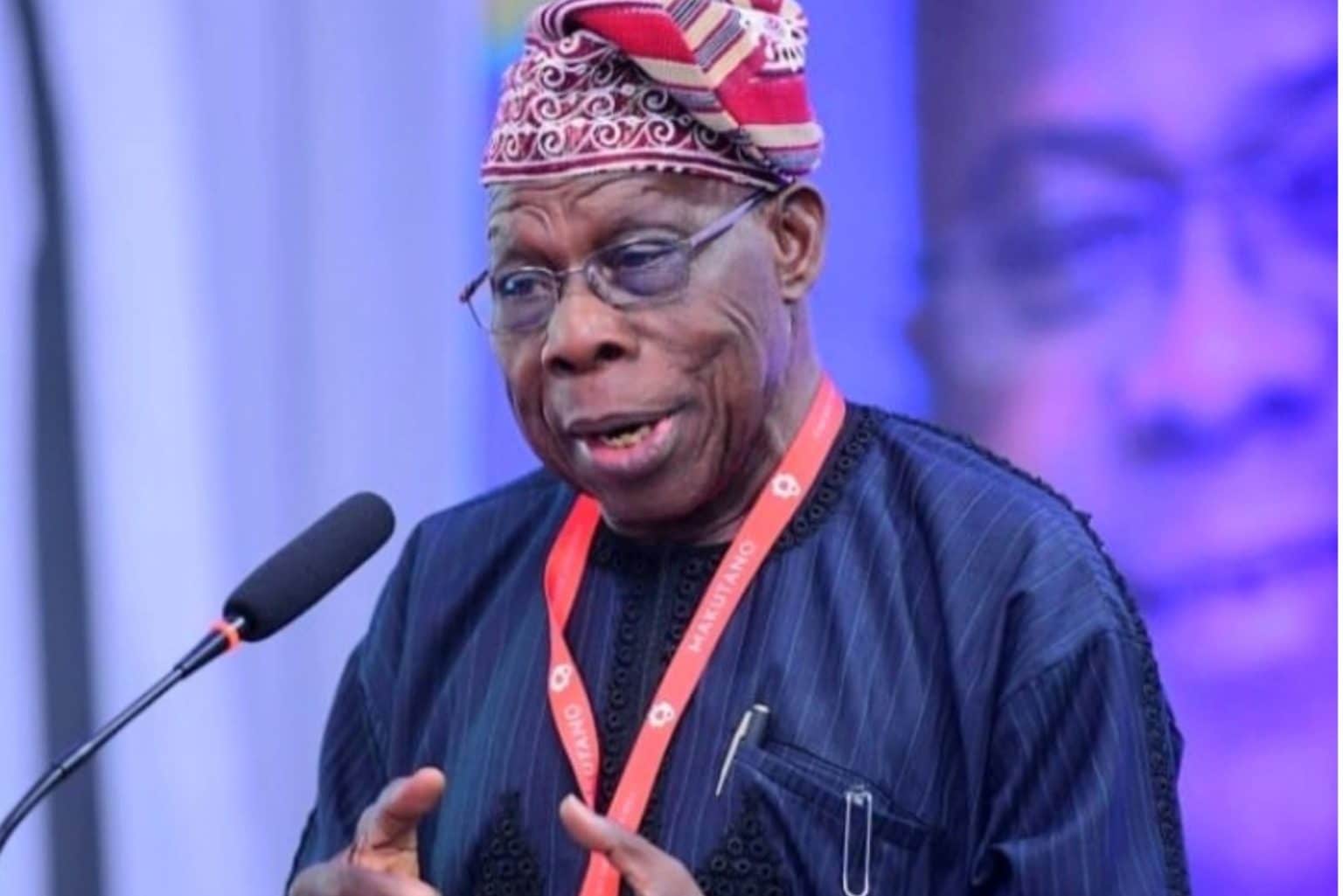Former President of Nigeria, Chief Olusegun Obasanjo, has expressed concern over the continent’s heavy dependence on foreign assistance, stating that it remains a major obstacle to sustainable development in Nigeria and many other African nations.
Speaking at the 32nd Annual Meeting of Afreximbank, held on Friday in Abuja, Obasanjo criticized African leaders for failing to harness the continent’s internal resources and for continually looking outward for support.
“There is no way African nations can achieve meaningful development if we do not begin to think inwardly and utilize our own wealth and capabilities,” he said.
Obasanjo noted that countries such as Nigeria, Egypt, Ethiopia, the Democratic Republic of Congo, and South Africa—all of which possess significant demographic, resource, or economic advantages—should be at the forefront of driving Africa’s growth. However, he lamented that these nations have consistently fallen short of expectations.
While commending Egypt for its commendable progress, Obasanjo remarked that, over the past three decades, most African nations have taken “two steps forward and one step back.”
“The potential for collective African progress remains dim unless these key countries begin to show meaningful growth and leadership,” he warned.
According to Obasanjo, corruption, ignorance, and a persistent dependence on foreign aid remain the core issues undermining Nigeria’s development. He stressed that until African leaders shift their focus from external borrowing to harnessing domestic potential, real progress will remain elusive.
“We all rush to China to borrow $20 billion, yet a single African country has the capacity to generate that amount domestically. But we don’t—because we are addicted to foreign help. That is not how we move forward,” he stated.
He further emphasized the need for greater economic literacy among African leaders, as well as increased collaboration among African nations at national, sub-regional, and continental levels.
“How much of the world do our leaders even understand? If we had a proper understanding, we would get things right—not just nationally, but across our communities and regions,” Obasanjo concluded.



